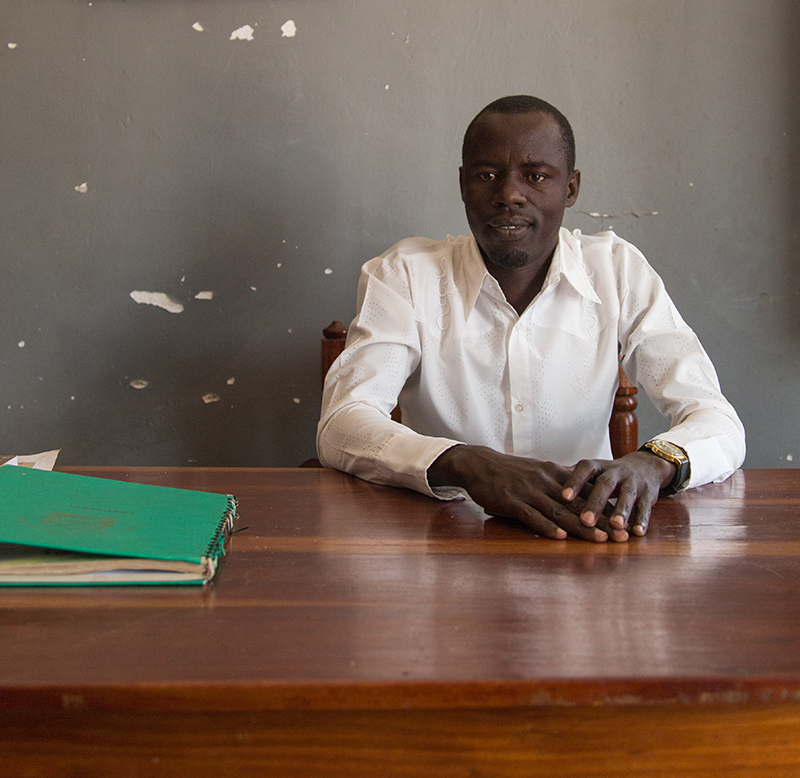
Climate change is affecting the world's poorest people, especially those who rely on agriculture to survive. In Igunga, one of Tanzania's driest districts, Heifer is partnering with communities to combat the climbing temperatures and earn enough income for a healthy life via the Igunga Eco-Village Project.
One of the many ways the project is helping participants is through...fish farming? I sat down with Mwampuli Aquaculture Development Center Officer Wilbert Kingilwa to get a better idea why the Center’s fish farming partnership with the Eco-Village Project is important for the people of Igunga, despite the dry climate. He breaks it down in three points:
Most of the fresh fish people eat in Igunga currently come from the second-largest freshwater lake in the world, Lake Victoria, which is four hours away by car. By sourcing the fish from nearby ponds, local fish farmers and fishermen can earn more money and provide consumers with tilapia and catfish at a more reasonable price, making fish more accessible to more people. The Mwampuli Aquaculture Development Center raises tilapia and catfish fingerlings, offering them to residents and members of the Igunga Eco-Village Project for less than 5 cents each (five times lower than local market prices).
Space

Farmers and fishermen are more successful with aquaculture (pond/tank fish farming) than when they go to public lakes or ponds to net a catch. With aquaculture, farmers only have to go as far as their own land to fish instead of going out into a lake in a small, faulty vessel that may make it back to shore (or may not). The Aquaculture Development Center is working to rehabilitate local ponds and lakes by deepening them and using drought-resistant plants to channel and trap rainwater. Additionally, the Center and Heifer Tanzania are teaching fishermen how to build environmentally friendly covered fish tanks in existing bodies of water. With these tanks, fishermen can use nets that leave smaller fish to grow before being caught.
Space
Kingilwa’s final point is, perhaps, the most important. Ponds? Ponds are great. “I just like ponds,” he said, smiling and gesturing toward the Center’s man-made tanks full of tilapia and catfish. “Even now, you can see that I’m impressed. I like to look at this."
Space


